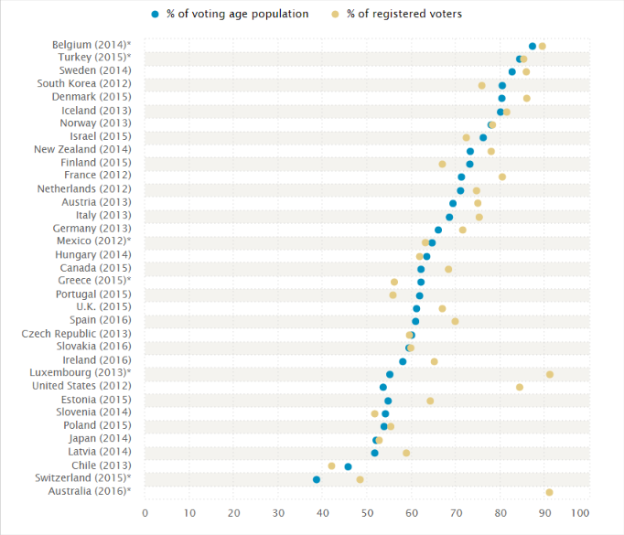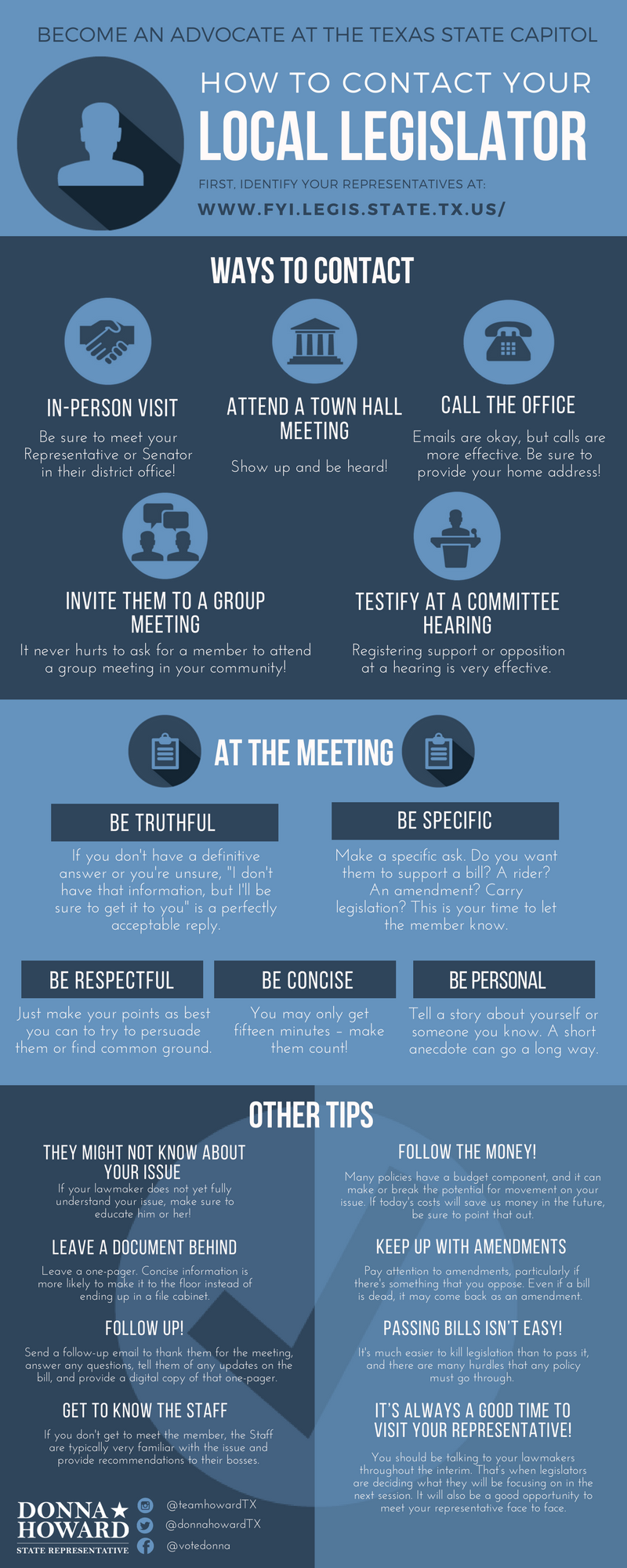The first time I visited the Texas Capitol it was after 9 p.m. I needed to use the restroom.
It was not an auspicious start to my interest in local politics. But after moving to Austin in 2012, seeing how the Capitol’s grandeur managed to cut through the monotony of an otherwise normal metropolitan downtown area afforded it an undeniable mysticism.
“Great political things happen there,” I said to myself the first time I saw the Capitol from Congress Avenue.
But the urgency to find a restroom when one is needed can shake such foundations. That evening, without much time to think, I stepped inside, did what I needed to do and realized that it wasn’t so imposing after all.
I didn’t grow up here, however. The sense of awe surrounding the Capitol and Texas history hasn’t been ingrained in me since childhood like it has been for many Texans. Visit the Capitol on a weekday during the school year and there’s a good chance you will see some elementary school students looking around in wonder.
Even as adults, legislators will invite their guests to visit “your Texas Capitol.” But trying to instill a sense of ownership is not that easy.
As a matter of fact, in 2013, the Texas Civic Health Index used Census Bureau information to quantify the schism that separates Texans from their state government. Prepared by the Annette Strauss Institute for Civic Life at the University of Texas at Austin, the report (available here as a PDF) found that Texas ranked 49th for contacting elected officials and 44th for talking about politics a few times a week (out of 50 states plus Washington D.C.)
Texas Civic Health Index from Moody College of Communication on Vimeo.
Right before last November’s presidential election, KUT’s Kate Groetzinger noted that Texas has been below the national average in voter turnout since 1972. Even with a record-setting turnout in 2016, Texas still ranked 48 out of 51 nationally (again, including Washington D.C.), extending that below-average streak for another election year.
Those numbers are discouraging if you believe in a functional democracy. And it doesn’t account for the fact that for a developed, wealthy country, the United States already doesn’t score highly in voter turnout. The United States ranked 31st out of 35 developed countries in the Organization for Economic Cooperation and Development (OECD), as the Pew Research Center points out. Texas is near the bottom in civic participation in a country that already has significant issues with voting.

It’s no surprise then that Texas legislators continue to call for more input from their constituents as a result of this disconnect. State Representative Donna Howard of Austin, Texas had her office prepare a detailed infographic that explains some of the finer points of how to do just that. Naturally, they recommend starting out by figuring out who represents you at the Texas Legislative Council’s Who Represents Me? website.

Maybe we’ve lost sight of the fact that so many of the laws that affect us on a daily basis are made locally. The Texas Legislature is in the middle of its biennial legislative session, but you wouldn’t necessarily know it in the midst of all the coverage of Trump’s administration. Is Trump the only thing we care about or does it feel only feel that way because it’s what the internet and major media outlets think we care about? I’m betting on the latter.
So as we continue to explore local and national issues, we have to consider the meaning of and reasons for engagement. If you’re feeling apathetic about what is happening in Washington, consider the implications of that apathy on what you could be doing locally. If you’re feeling angry about what is happening nationally, consider directing that energy toward the city, county and state officials near you. Anyone would be discouraged when taking on the behemoth that is national politics, but victories on a local level are only as small as you make them—as the people who fought discriminatory LGBT bills during the last legislative session can attest.
Hey there John!
I think the concept of your blog is really cool, and definitely something we need right now. I agree with many of your points brought up, oftentimes my friends think that the only election that matters is the one that happen every four years when in fact voting year round is vital. I feel this fire growing in young people and it makes me hopeful for the future, great read!
-Zainab
LikeLike
Hi John,
I really like how your blog is set up. It looks extremely put together and professional! I must say, this blog post really spoke to me. Voter turnout, especially at a local level, is too low and we need to understand that we are actually affected by who is in office whether it be nationally or locally. This is a great concept for a blog! Thanks for posting!
LikeLike